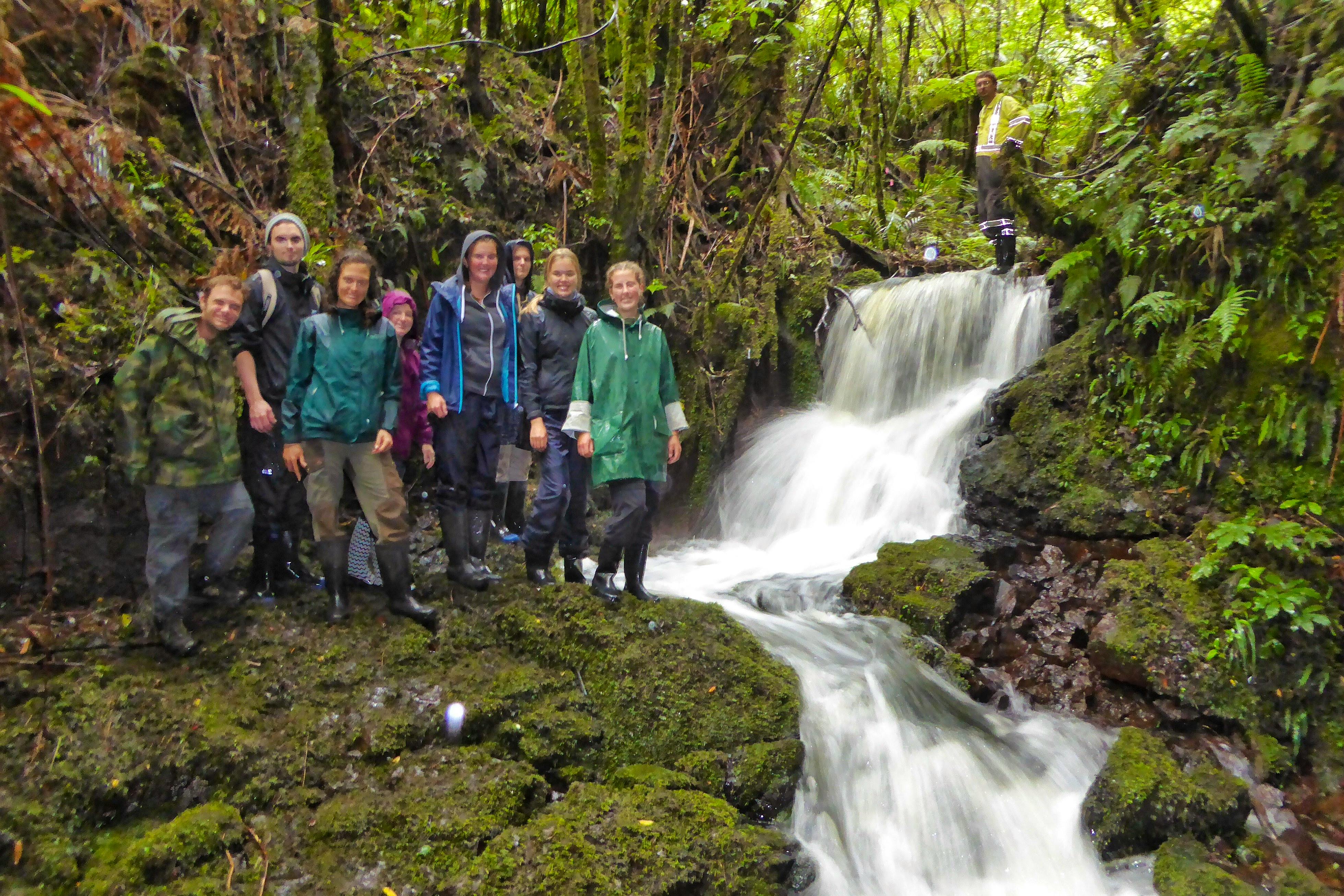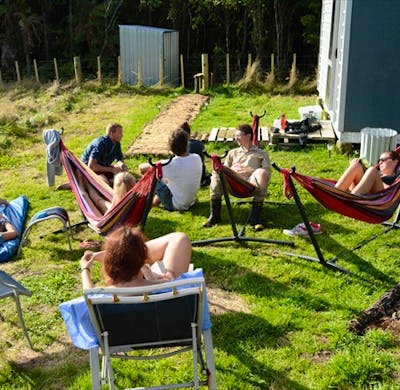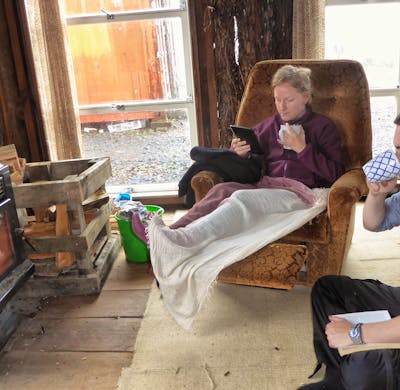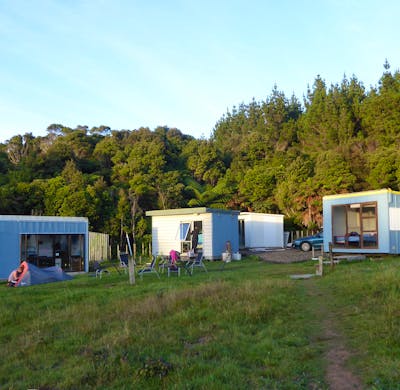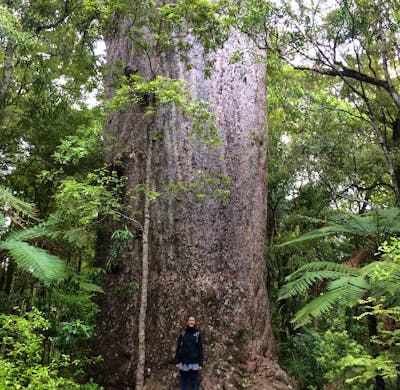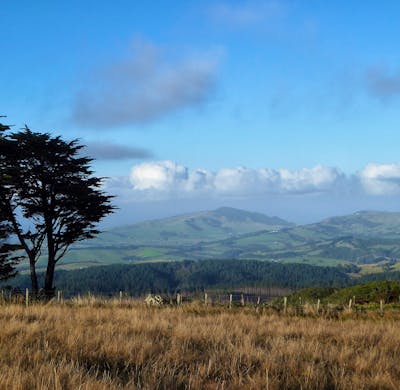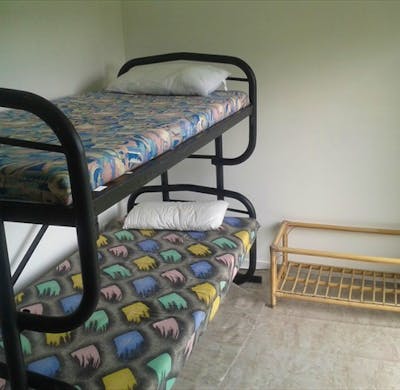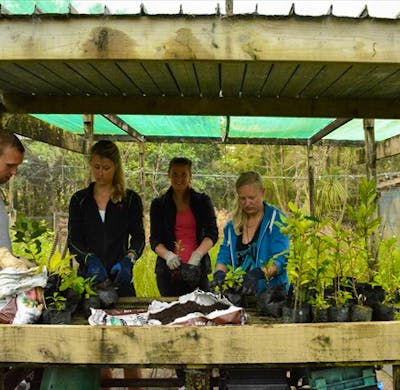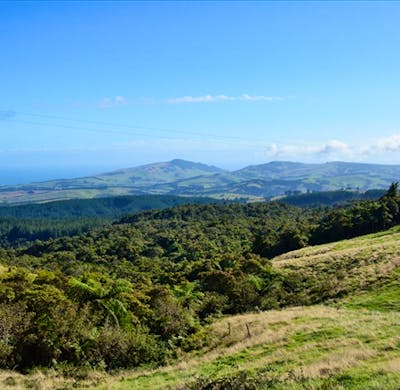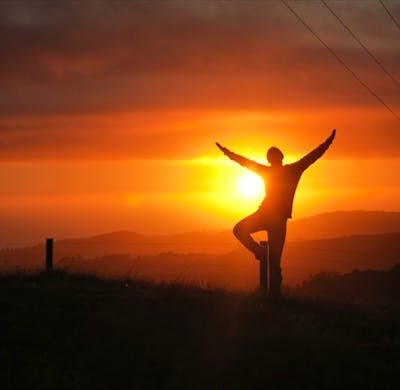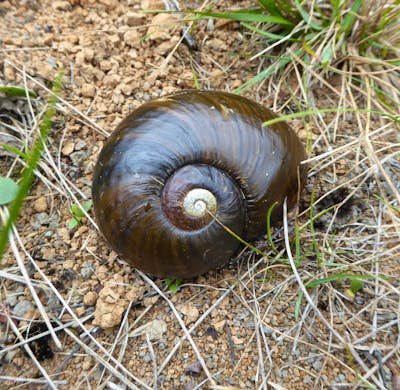Native Forest Conservation Helper
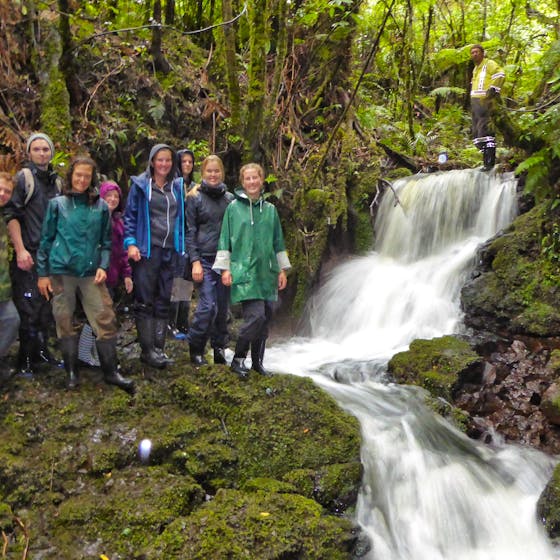
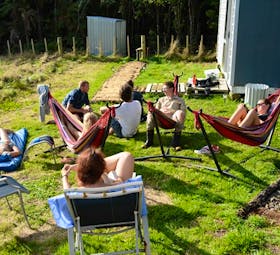
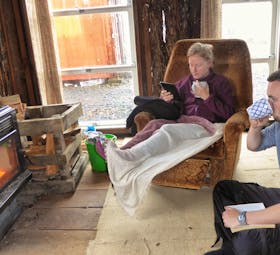
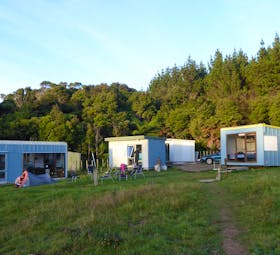
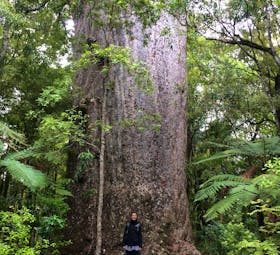
Punti Salienti
- Experience living in a rain forest
- Learn how to protect endangered species
- Connect with like-minded people
- Live off grid in a sustainable way
- Experience living in a rain forest
- Learn how to protect endangered species
- Connect with like-minded people
Particolarmente adatto per
Sul programma
Join us to help protect this beautiful jungle-like forest and to create a safe environment for the kiwi!
You are thinking of coming to New Zealand attracted by the amazing landscapes, never-ending beaches, blue skies, soaring mountains, and green forests. You like nature and seek respite from the crowded city. You sometimes wonder what simple life is like, living off-the-grid, maybe? You want to do ...
Giornata tipica
Typical Day at Work
- 8am - 9am breakfast
- 9am - 10am cleanup
- 10am - 12pm morning working activity
- 12pm - 1pm lunch/picnic
- 1pm - 4pm afternoon working activity
- 4pm - 6pm leisure activities (free time)
- 6pm - 8pm dinner
- 8pm - 10pm leisure activities (sunset watching, dusk bird chorus, and/or searching for ...
Attività del tempo libero
Due to our remote location, there are no opportunities to go to town or to the cinema during the free time. However, we have a cinema on site!
During the free time, the volunteers are encouraged to explore our forest.
We always eat together and sometimes we invite the DOC rangers or the neighbours ...
Requisiti
Servizi inclusi
Cosa NON è incluso?
Dettagli all'arrivo
The nature sanctuary is open the first Monday in November and the first Monday in April. Due to our remote location, you can join (or leave) the program on Mondays only.
The start dates are on the first and third Monday of every month.
Tariffe del programma
Incontra il tuo ospite

Pupu Rangi Nature Sanctuary
Agenzia - fondata nel 2008
Verificato da Volunteer World
Ospitato da
Octavian
Sul progetto
7 recensioni ·  4.9
4.9
Posizione

Potreste essere interessati anche a
-
Coppia
Umanitarie
Natura
Progetti all estero
Gruppo
Volontariato in Inglese
Adulti
